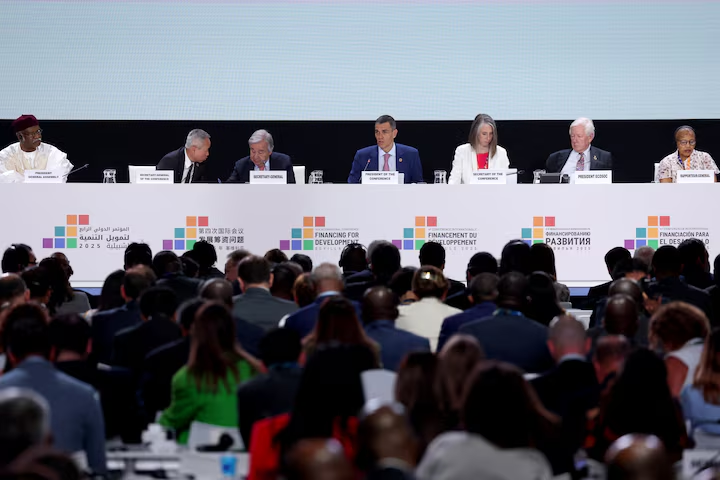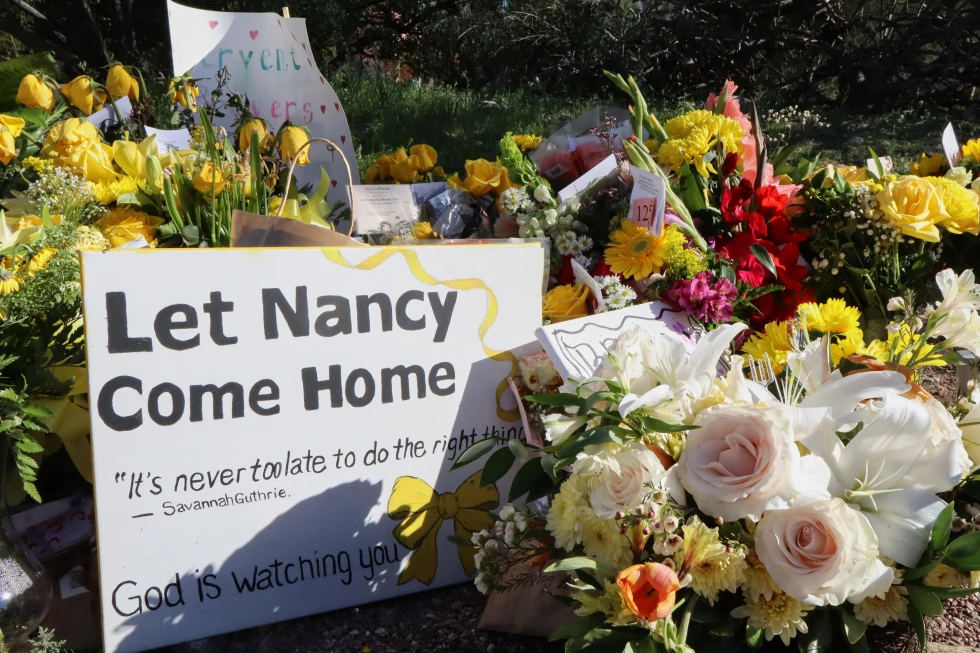World Leaders Converge in Spain to Rescue Sustainable Development Goals Amid Global Crises

With progress stalling and the 2030 deadline looming, more than 50 global leaders gathered on Monday in Seville for a pivotal summit aimed at reviving international efforts to combat poverty, address climate change, and reinvigorate the flailing Sustainable Development Goals (SDGs).
United Nations Secretary-General António Guterres opened the high-stakes meeting by calling for a fundamental overhaul of the global development system, warning that the planet’s collective promise for a “better, fairer future” was in jeopardy.
“The 2030 Agenda for Sustainable Development is in danger,” Guterres said, referencing the landmark framework adopted in 2015. “This summit is about repairing and revving up a system of cooperation at a time when trust is fraying and multilateralism is strained.”
Notably absent from the summit was U.S. President Donald Trump. The United States, the world’s largest economy, opted out of the event and declined to support a new international action plan — the “Sevilla Commitment” — that had been negotiated over the past year.
The timing is critical. According to U.N. data, two-thirds of the SDGs are currently off track, and global funding shortfalls are widening. Guterres emphasized that bridging the gap will require over $4 trillion annually, underscoring the need to rapidly reform international financial systems.
“This is not just about aid,” he said. “It’s about enabling countries to help themselves — to raise revenue, restructure debt, and attract private capital for long-term development.”
To that end, Guterres outlined a multifaceted agenda:
-
Tax capacity-building: Helping developing nations improve their tax systems to fund social and infrastructure programs.
-
Multilateral bank reform: Transforming development banks into more flexible institutions capable of mobilizing greater public and private investments.
-
Credit rating overhaul: Making global ratings systems more equitable for low- and middle-income countries, allowing them better access to affordable borrowing.
He also backed the creation of a single global debt registry and broader use of debt-for-development swaps, which allow nations to reduce their debt burdens in exchange for domestic investment in climate or social programs.
The Sevilla Commitment, central to this week’s agenda, calls on wealthy nations to restore — or increase — development aid amid a trend of deep cuts, even as climate disasters and economic shocks intensify vulnerabilities in poorer regions.
“The goals of 2015 were never meant to be aspirational slogans,” Guterres concluded. “They are lifelines for billions of people — and now, we need to treat them that way.”
By Staff Writer, Courtesy of Forbes | June 30, 2025 | Edited for WTFwire.com
Source: Reuters
: 278







